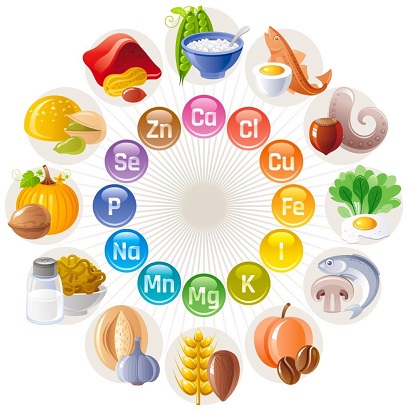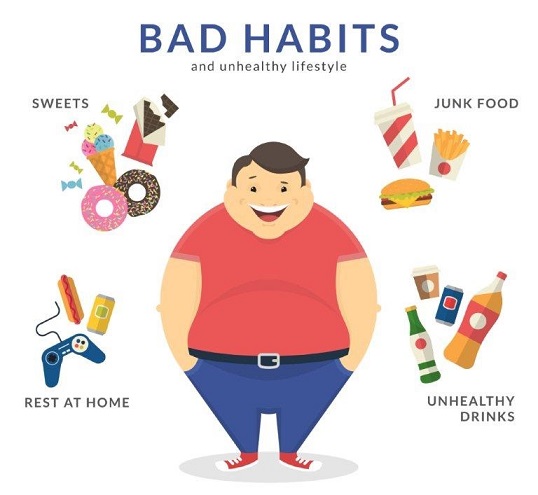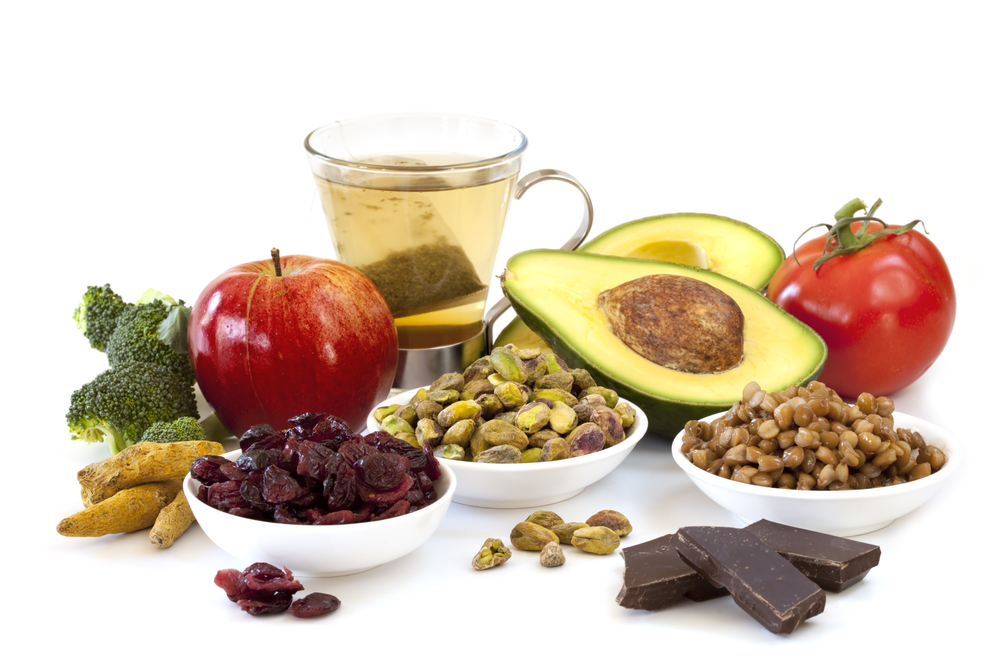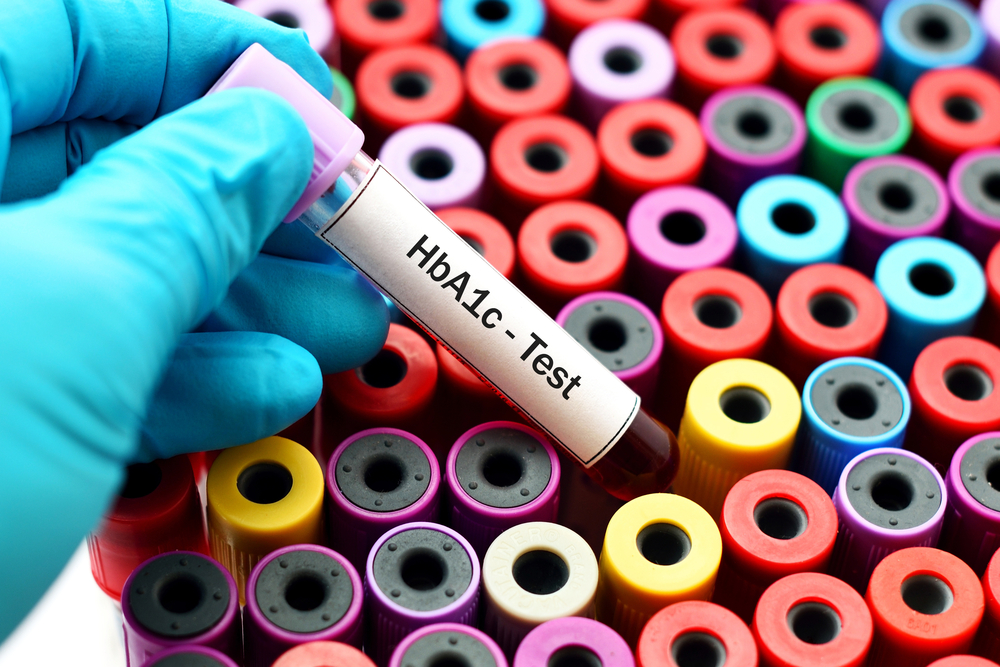10 Ways to Manage Blood Sugar Naturally

Maintaining glucose within the normal range is essential for overall well-being. Fluctuations in glucose levels can lead to various health complications, including diabetes and metabolic disorders. While medication and medical interventions are available, many individuals prefer a more natural approach to managing their glucose levels. One can effectively regulate blood sugar levels and promote long-term wellness by incorporating some lifestyle changes and adopting a holistic approach to health.
How to manage blood sugar naturally?
Here are 10 natural blood sugar control measures to foster a healthier lifestyle:
- Regular Exercise: Physical activity is crucial in regulating glucose levels. Engaging in moderate exercise, such as brisk cycling, swimming, or walking, can improve insulin sensitivity and help cells utilise glucose more effectively. Aim for at least 150 minutes of moderate weekly exercise, supplemented by strength training exercises to build muscle mass.
- Balanced Diet: A diet rich in whole grains, proteins, healthy fats, and fresh fruits and vegetables is vital for blood sugar control. It is better to avoid refined sugars, processed foods, and high-carbohydrate meals that can cause rapid spikes in blood sugar. Opting for complex carbohydrates with a low glycemic index, such as quinoa, sweet potatoes, and legumes, can promote stable blood sugar levels.
- Portion Control: Controlling portion sizes is critical to preventing excessive glucose intake. Eating smaller, well-balanced meals daily can help stabilise blood sugar levels and prevent sudden spikes. Using smaller plates, measuring servings, and focusing on nutrient-rich foods helps in maintaining a healthy weight and supports optimal glucose regulation.
- Stress Management: Chronic stress can increase blood sugar levels by releasing stress hormones like cortisol and adrenaline. Practising stress-reduction methods such as meditation, deep breathing exercises, yoga, and mindfulness practices in the daily routine can promote relaxation and help in controlling glucose levels.
- Sufficient Sleep: Prioritising quality sleep is crucial for maintaining healthy glucose levels. Sleep can disrupt hormone regulation, leading to insulin resistance and increased blood sugar levels. Individuals should aim for 7-9 hours of uninterrupted sleep to support optimal metabolic function and overall health.
- Hydration: Proper hydration is essential for optimal glucose regulation. Drinking adequate water throughout the day helps prevent dehydration, which can affect blood sugar concentrations. It is advisable to avoid sugary beverages and opt for water, herbal teas, and infused water with slices of fruits or vegetables to stay hydrated and support healthy blood sugar levels.
- Herbal Supplements: Certain herbal supplements, such as cinnamon, berberine, and fenugreek, have promising effects on managing glucose levels. These natural remedies can help improve insulin sensitivity and reduce post-meal blood sugar spikes. It is recommended to consult a doctor to determine the appropriate dosage and ensure compatibility with the current health status and medications.
- Fibre-rich foods: Including fibre-rich foods in the diet, such as whole grains, nuts, seeds, and fibrous vegetables, can aid in glucose management. Dietary fibre slows down the absorption of sugars, promoting more stable blood sugar levels and improving digestive health. Aiming for at least 25-30 grams of fibre per day is advisable to support overall wellness.
- Regular Monitoring: Monitoring blood glucose levels is crucial for understanding how the body responds to various lifestyle changes. Keeping a record of daily activities, diet, and glucose readings can help identify patterns and make necessary adjustments to the routine. This proactive approach can help maintain control over glucose levels and overall health.
- Limit Alcohol Consumption: Excessive alcohol intake can lead to fluctuations in blood sugar levels. Limiting alcohol consumption and avoiding sugary drinks can help maintain stable glucose levels and overall health.
Incorporating these natural strategies into the daily routine can promote stable blood sugar levels and contribute to long-term well-being. Individuals can optimise their glucose management and foster a healthier, more balanced lifestyle by prioritising a holistic and proactive approach to health.
FAQs
- How to lower blood sugar levels naturally?
Naturally lowering blood sugar levels involves maintaining a consistent exercise routine to improve insulin sensitivity, adhering to a balanced diet emphasising whole foods and limiting refined sugars, practising portion control to prevent glucose spikes, managing stress through relaxation techniques, ensuring sufficient sleep to regulate hormone levels, staying well-hydrated to support metabolic function, and including chromium and magnesium-rich foods like leafy greens, whole grains, and nuts. Regular monitoring of glucose levels helps make informed lifestyle adjustments for effective management.
- What are 10 foods to lower blood sugar?
Here are ten foods known to help lower blood sugar levels:
- Leafy greens
- Cinnamon
- Eggs
- Chia seeds
- Greek yogurt
- Nuts
- Broccoli
- Olive oil
- Garlic
- Strawberries














